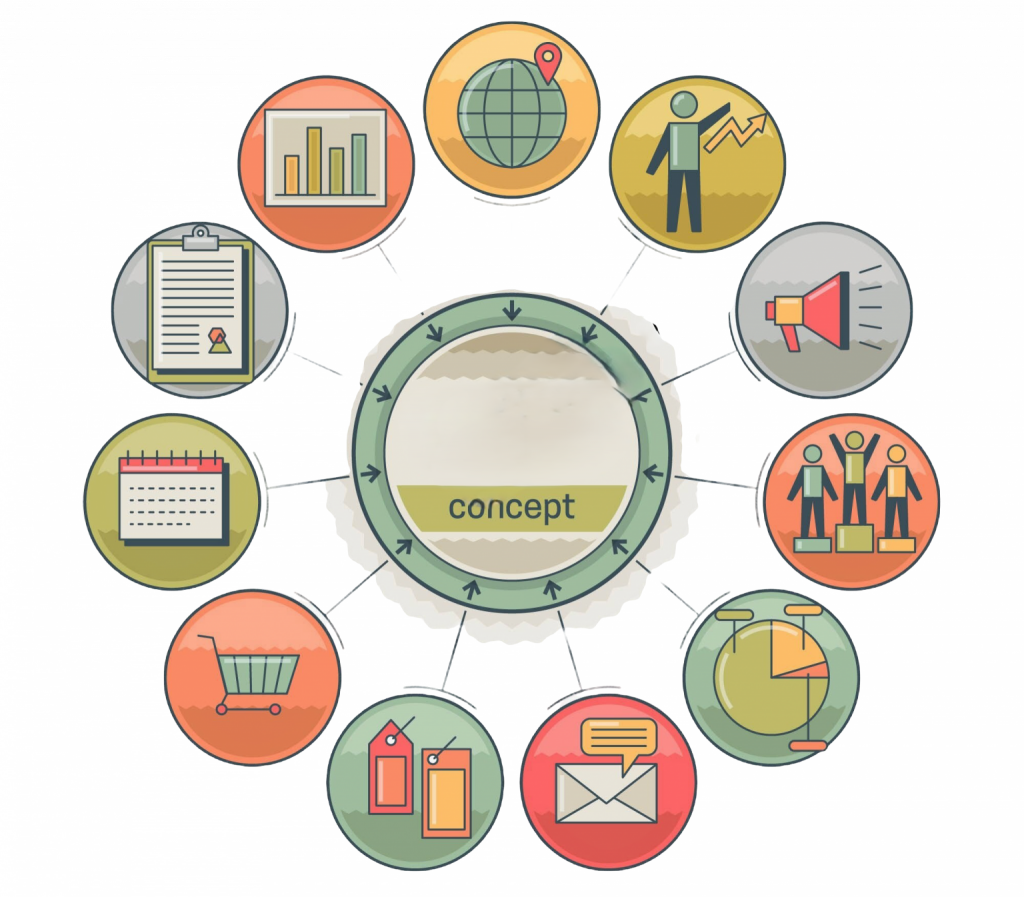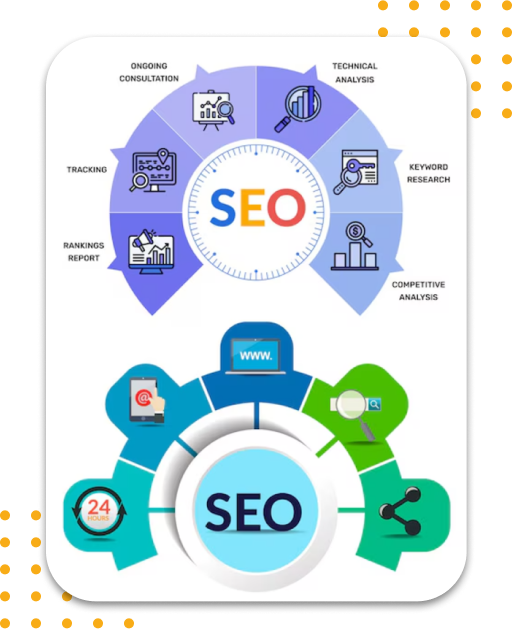Establish Your Authority with Strategic Topic Maps
Organize your content effectively to enhance SEO and user engagement.

What are Topical Maps?

Enhanced SEO Performance
Targeting semantically related keywords through a well-structured topical map, can improve website’s search rankings.
This targeted approach ensures that your content is aligned with what users are searching for, increasing the likelihood of attracting organic traffic.
Improved User Experience
Topical maps facilitate easy navigation and content discovery for visitors. When users can quickly find relevant information organized logically, they are more likely to stay on your site longer, reducing bounce rates and increasing engagement.


Effective Content Planning
A topical map creates a structured roadmap for future content development. This ensures that your content aligns with your business goals and addresses the needs of your audience, ultimately leading to more effective marketing efforts.
Stronger Internal Linking
A well-structured internal linking system not only improves SEO but also guides users through your content, encouraging them to explore more pages on your site

Ready to establish your topical authority and enhance your content strategy?
Contact us today for a free consultation ...
FAQs
The timeline for creating a topical map can vary based on the complexity of your content and the depth of research required. Typically, it takes about 2-4 weeks to complete the process.
We require details about your website, existing content, target audience, and any specific goals or challenges you are facing in your content strategy.
It’s advisable to review and update your topical map at least once a year or whenever there are significant changes in your industry, audience interests, or content strategy. Regular updates ensure that your content remains relevant and aligned with current trends.

